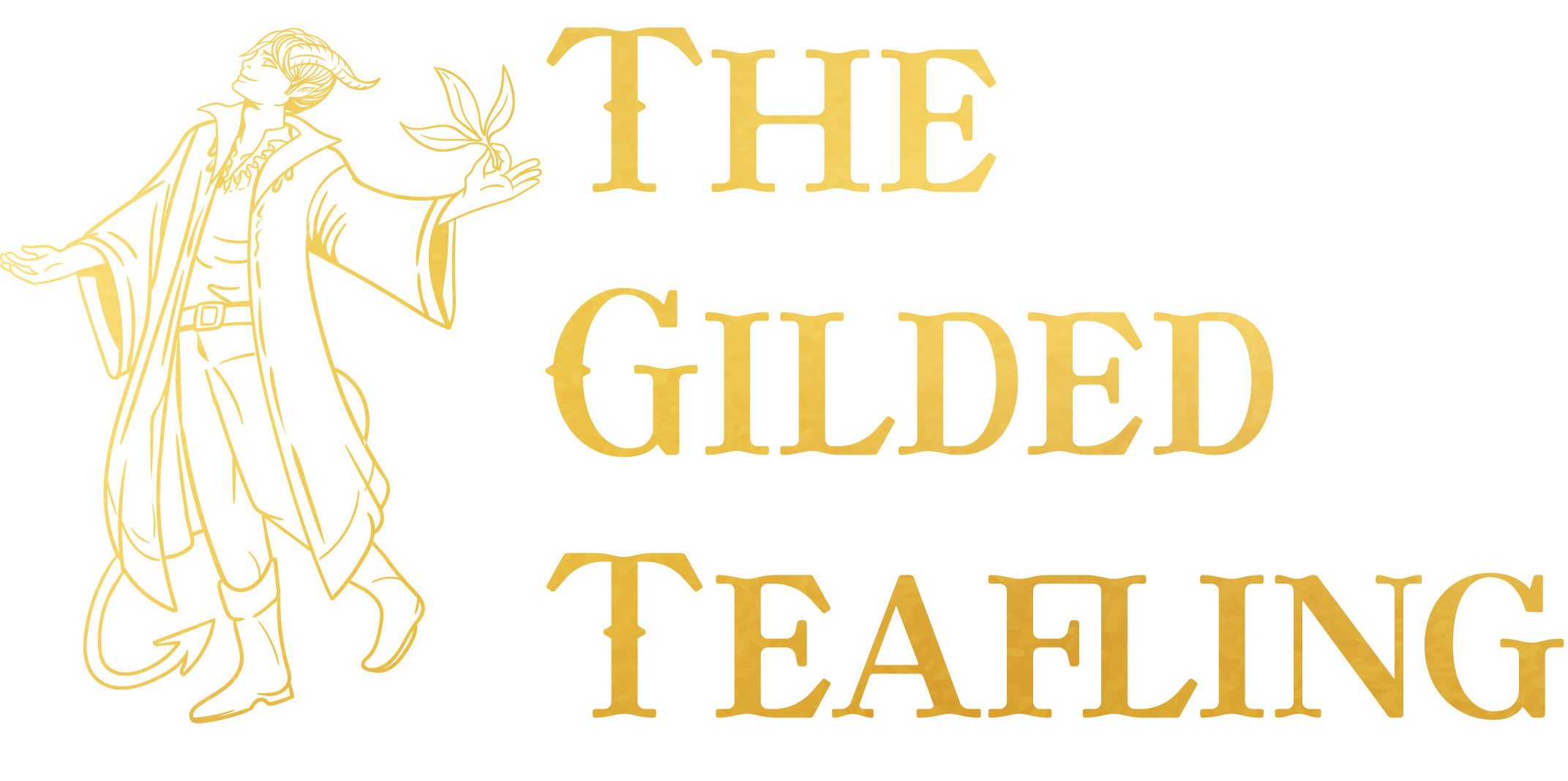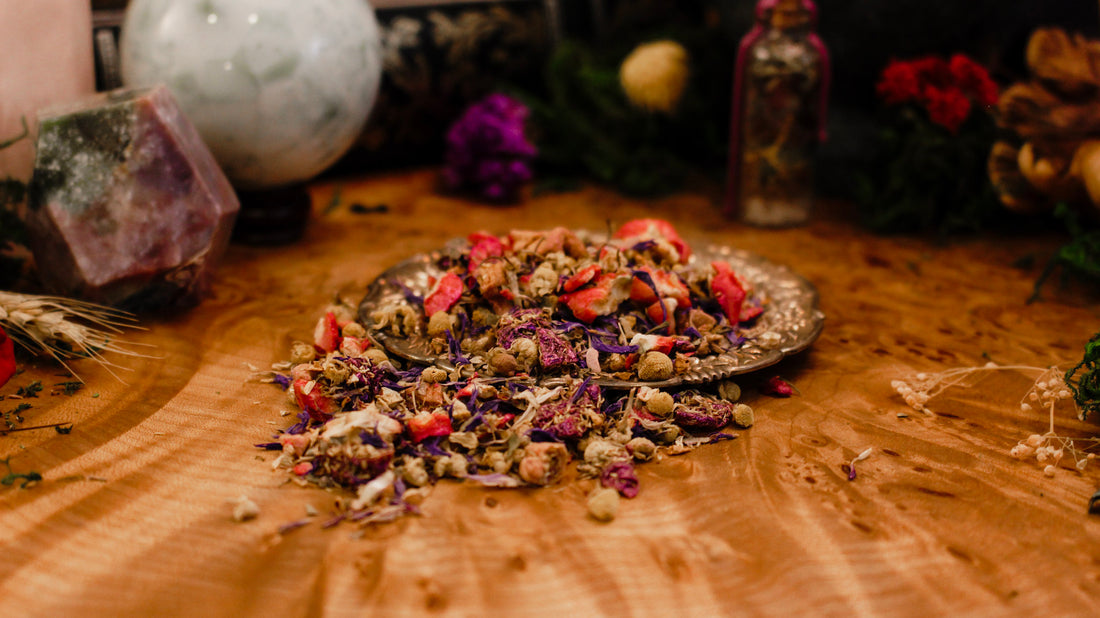Fasting has been gaining popularity for its numerous health benefits. It's also been a common practice in religions as a form of worship. However, fasting can be a challenging task, especially for beginners who are unfamiliar with the dos and don'ts. One common question about fasting is whether or not herbal tea is allowed during a fast. In this article, we will answer the question, "Can you drink herbal tea while fasting?" and give you the information you need to make an informed decision.
What is Herbal Tea?
Herbal tea is a type of tea that is made by infusing parts of plants, such as leaves, roots, stems, and flowers, in hot water for five or more minutes. Unlike regular tea, which is made from the leaves of the Camellia sinensis plant, herbal tea does not contain caffeine and is not derived from the tea plant.
Herbal teas come in many flavors and types, and can be made from a single herb or a blend of herbs. Some popular herbs used in herbal teas include chamomile, peppermint, ginger, hibiscus, and rooibos.
While herbal teas do not contain caffeine like regular tea, they often have unique health benefits associated with the specific herbs used. For example, chamomile tea is known for its calming and soothing properties, while ginger tea is often used to aid digestion.
For example, our Summer Wine herbal fruit tea is an excellent addition to your fasting routine. This refreshing blend combines the soothing properties of chamomile with the delicious flavors of strawberry, cherry, and blueberry. Sipping a cup of this herbal tea can provide a calming effect to help you through even the most challenging fasts.
Types of Fasting
Fasting is a practice that involves voluntarily abstaining from some or all food, drink, or both for a set period of time. There are several different types of fasting, including:
- Intermittent Fasting. Intermittent fasting involves alternating periods of eating and fasting. There are different versions of intermittent fasting, but some of the most common methods are 16:8 (fast for 16 hours and eat within an 8-hour window) and 5/2 (eat normally for five days and restrict calories for two days).
-
Water Fasting. Water fasting is the practice of abstaining from all food and drink except for water. It is typically done for a period of one to three days.
-
Juice Fasting. Juice fasting (or juice cleanse) involves consuming only fresh fruit and vegetable juices, as well as water and herbal teas. It is lasts for a period of one to three days.
-
Religious Fasting. Many religions incorporate fasting as a practice. For example, Muslims fast during the month of Ramadan, Jews fast on Yom Kippur, and Christians may fast during Lent.
As you can see, while all types of fasting involve restricting food and drink to some degree, the duration and level of restrictions can differ.
Can You Drink Herbal Tea While Fasting?
In short, if you're fasting for health benefit reasons, then yes, you can often drink herbal tea during a fast. In fact, drinking herbal tea can have several health benefits that improve your fast!
However, some types of fasting such as religious fasting during the Muslim celebration of Ramadan prohibits drinking any food or drink during fast periods. In cases like these, herbal tea would not be permitted.
Here's a breakdown of the different types of fasts and whether or not you can drink herbal tea:
- Intermittent Fasting. During intermittent fasting, there are periods of time when food is not consumed. Depending on the type of intermittent fasting you're doing, you may be able to drink herbal tea during the fasting period. For example, in the 16/8 and 5:2 methods, you can drink herbal tea during the fasting period.
- Water Fasting. During a water fast, only water is consumed, and no solid foods or beverages are allowed. Herbal tea is not permitted during a water fast, as it's considered a beverage.
- Juice Fasting. During a juice fast, only juices are consumed, and no solid food is allowed. Herbal tea is usually permitted during a juice fast, but it's essential to make sure the tea is caffeine-free and free of any added sweeteners.
-
Religious Fasting. For Muslims celebrating Ramadan, herbal tea is not permitted during periods of fasting. Similarly, Jews celebrating Yom Kippur are prohibited from drinking any beverage (including herbal tea) for the entire 25 hour fasting period. As for Christian's observing Lent, it is often up to each person to decide their own fasting restrictions. Some may choose to abstain from herbal tea while others don't.
Tips for Drinking Herbal Tea While Fasting
If, based on the restrictions of your personal approach to fasting, you find herbal tea is permitted here are some tips for getting the most out of drinking herbal tea while fasting:
-
No added sweeteners. When drinking herbal tea during fasting, avoid adding any sweeteners or milk. This includes honey, sugar, and artificial sweeteners. Adding sweeteners or milk to your tea will break your fast and reduce the benefits of fasting.
-
Hydration. Drinking herbal tea can be a good way to stay hydrated during a fast. When you're dehydrated, your body may mistake thirst for hunger, which can lead to feelings of hunger pangs. By staying hydrated, you can reduce the likelihood of mistaking thirst for hunger.
- Suppress appetite. Some herbal teas, like green tea or yerba mate, can act as appetite suppressants. These teas contain compounds that can help regulate blood sugar levels and reduce cravings for food. By drinking these teas during a fast, you may be able to curb hunger pangs and stay on track with your fast.
- Nutrient support. Certain herbal teas, such as nettle or dandelion tea, are rich in nutrients that can help support the body during a fast. These teas provide essential vitamins and minerals that ensure you're staying healthy throughout your fast.
Conclusion
In conclusion, fasting is an increasingly popular health trend with various methods to participate based on your goals. Herbal tea can play an important role during fasting, but it depends on the type of fast you are doing. While intermittent fasting and juice fasting generally allow herbal tea consumption, religious fasting, such as during Ramadan, prohibits all types of consumption.
There are many benefits to drinking herbal tea while fasting including keeping hydration, appetite suppression, and nutrient support. When drinking herbal tea during fasting, avoid adding sweeteners, and select herbal tea blends that aid in hunger suppression or digestion. Fasting can be a challenging task, and it is important to consult with a doctor (or religious leader for religious fasts) before beginning, particularly if you have pre-existing medical conditions.

